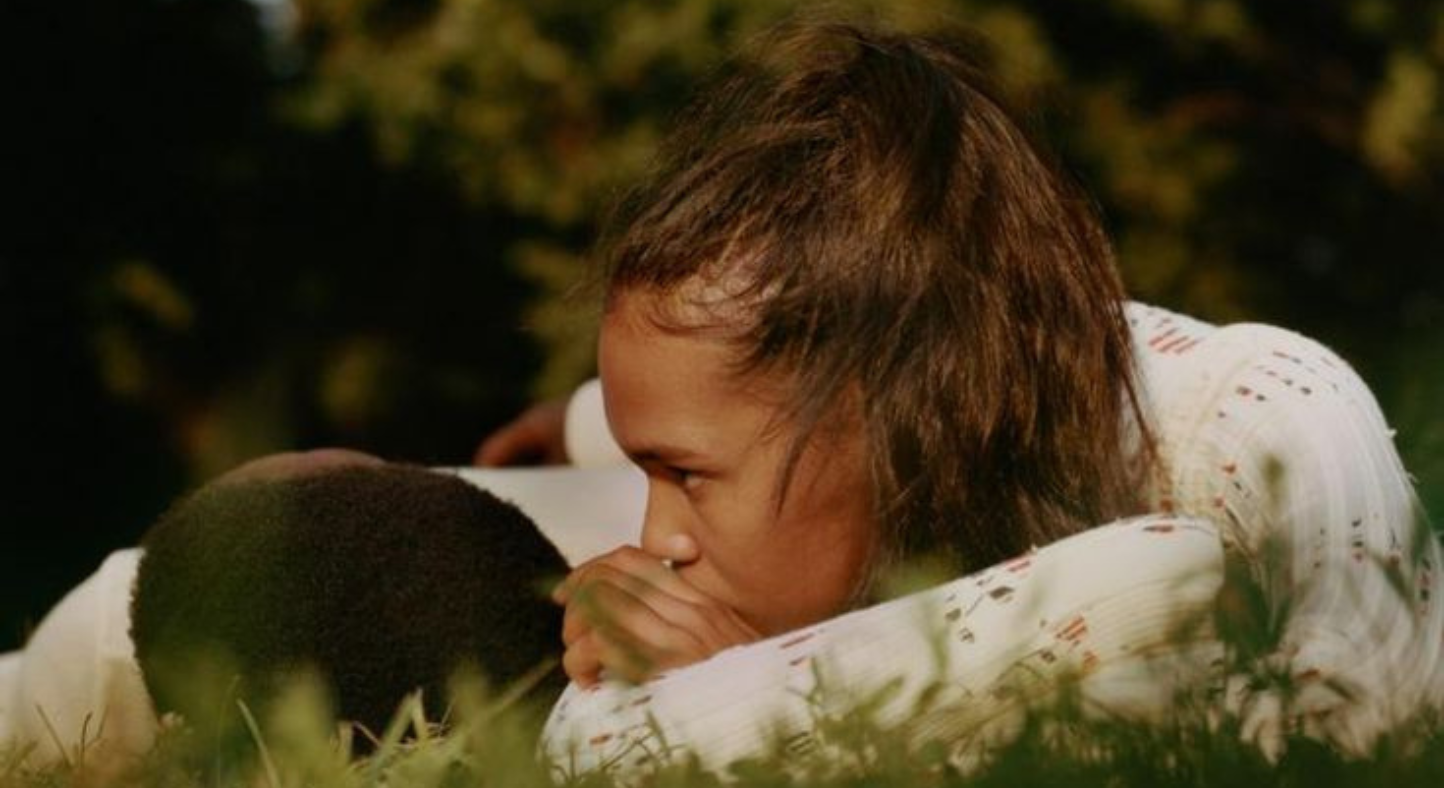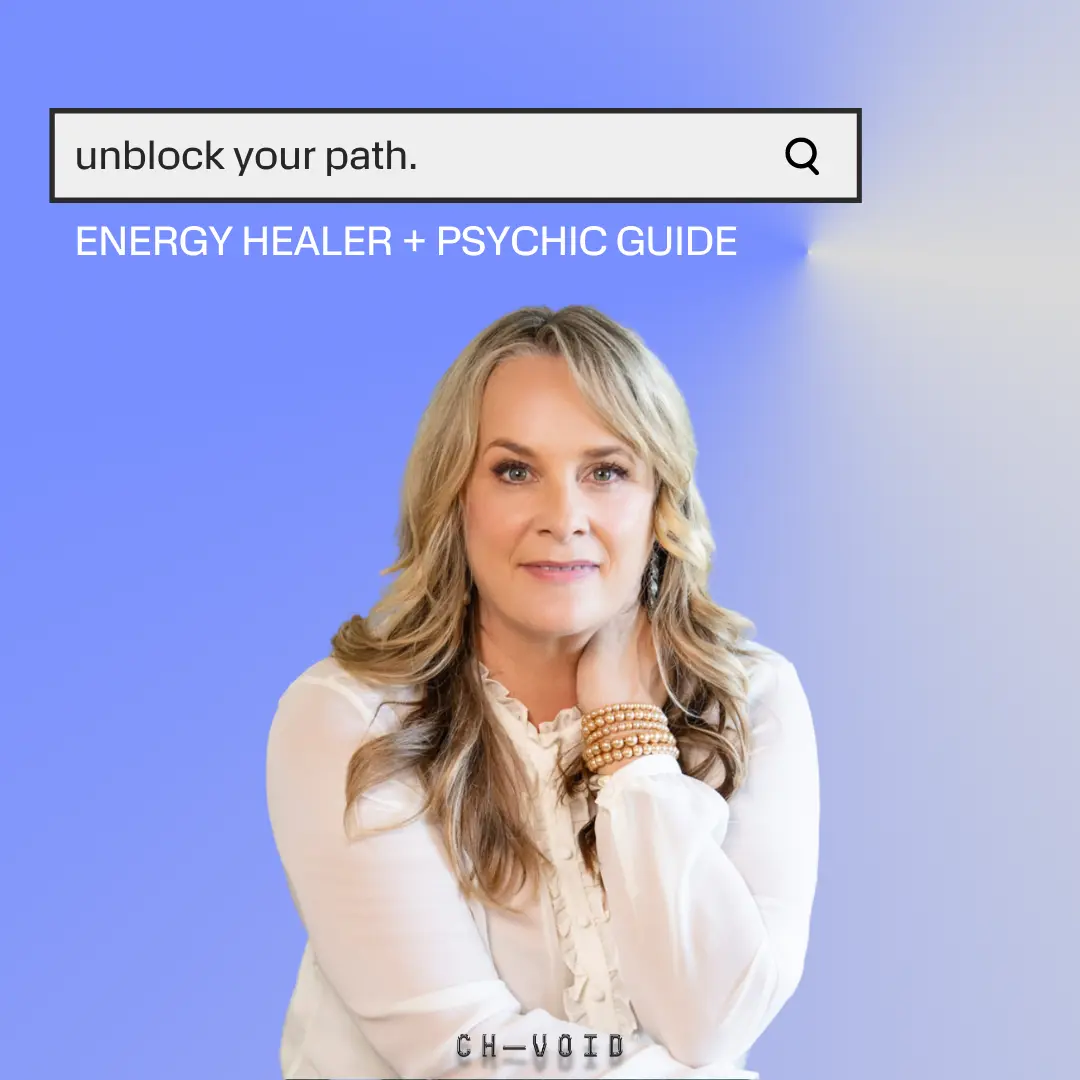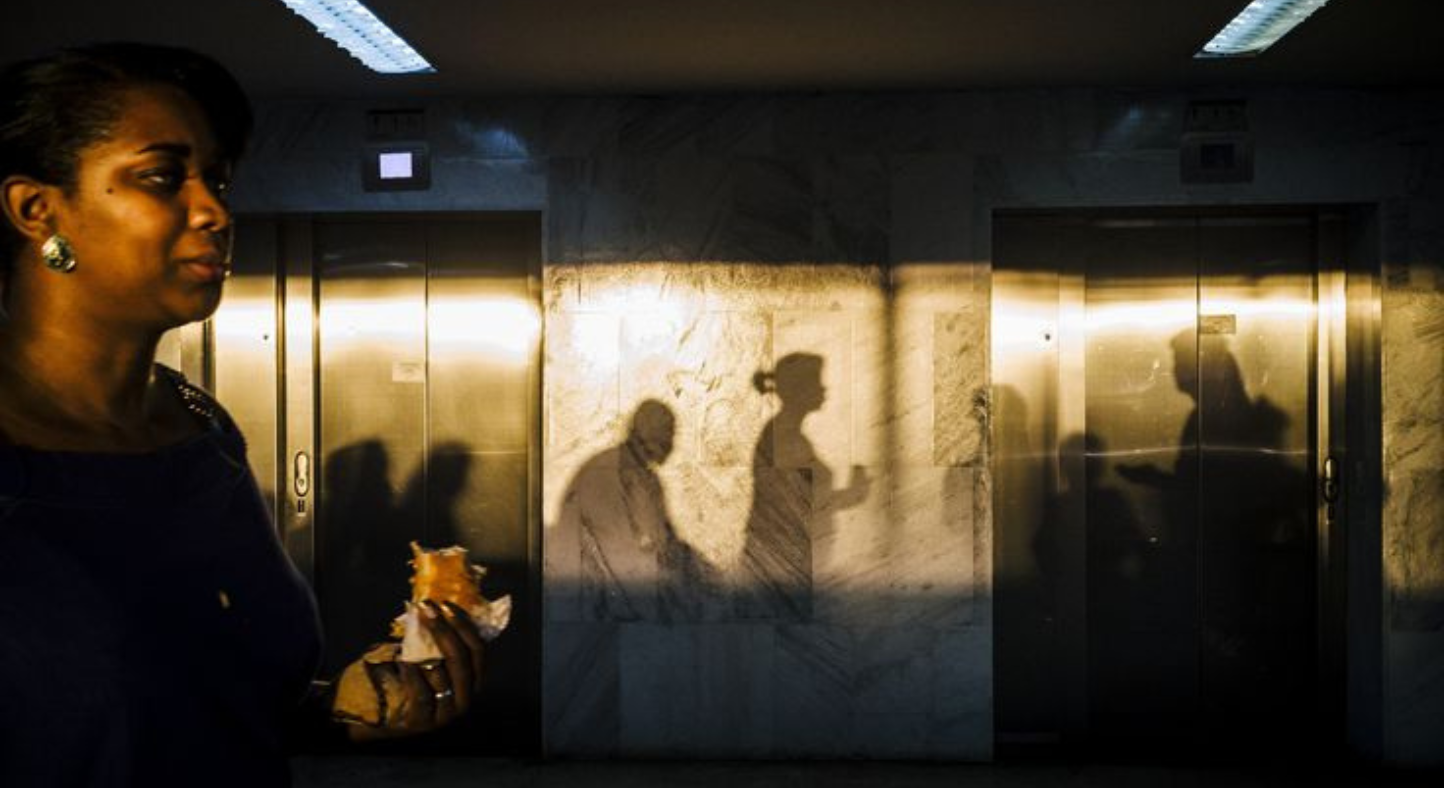Best-before date
How to recognise your relationship is toxic.
What is a toxic relationship?
A toxic relationship is a relationship that is damaging to one or more people. It frequently involves conflict, insecurity, power games, self-centeredness and manipulation. Sometimes it will involve outright physical, emotional, financial or verbal abuse.
Remember, any relationship can be toxic, whether within your family of origin, a friendship group or with a partner.
Most relationships, even reasonably healthy ones, will have an element of toxicity. So, you can think of toxic relationships as being on a scale from emotionally and physically abusive and controlling to subtle manipulation. There is a sense of ease when you are in a healthy relationship. Yes, things arise to be resolved, but issues are discussed and worked through. With a toxic relationship, this doesn’t happen.
Toxic behaviours in relationships
+ Using emotional blackmail to get your way
+ Throwing tantrums when you don’t get your way
+ Being self-centred and not considering your partner’s feelings
+ There is not a sense of you having one another’s back
+ Communication contains a lot of sarcasm and cutting remarks
+ A desire for one to control the other
+ Holding grudges and telling lies
+ Isolating you from friends and family
+ Feeling you are walking on eggshells
+ Threatening to leave the relationship
What are the causes of toxic relationships?
Toxic relationships are created by people who have been exposed to toxic relationships. If we have excellent conflict resolution and emotional maturity modelled to us as children, it is easy to take those skills into our adult lives and form emotionally mature relationships. If we were subject to toxic relationships in our childhood– chaos, shouting, passive-aggressive behaviour, snide remarks and power games– we have to start from the beginning and learn how to have healthy relationships and conflict resolution.
Another reason you may find yourself in a toxic relationship is if you have an insecure attachment style (Bowlby & Ainsworth, 1992). Perhaps you were raised by an emotionally absent mother who was unresponsive to your needs. You learned that emotional absence is love, and you unconsciously look for emotionally unavailable partners. Although you feel unloved and uncared for in the relationship, the thought of being abandoned is too strong to allow you to leave.
Attachment styles and toxic relationships can be changed, but both parties have to be willing to do the work.
How to do the work
If you know you are in a toxic relationship, something needs to change. Look at yourself first.
Ask yourself:
What is my part in this dynamic? Am I doing any of the behaviours listed above? How can I change my toxic behaviours?
Boundaries
Continually threatening to leave the relationship is emotional blackmail, and there needs to be a boundary around this. Blaming your partner for your feelings is the start of an enmeshed relationship. Taking responsibility for your emotions is key and creates a stronger sense of agency in both people.
Communication
A few guiding principles for communication:
+ Be clear about your needs—Express what you need (not demand) in ‘I’ statements. For example, rather than “You never look at me when I am talking to you,” try “I feel a little sad when I speak to you, and you don’t look at me. I wonder if you might look at me as we discuss this?”
+ Avoid judgment and criticism – this will create defensiveness, making it difficult to be heard.
+ Be honest. If you hide your real feelings for fear of being rejected, this is not sustainable long-term.
+ Compassion for yourself and your partner.
You will likely be recreating past painful relational patterns for both of you. Is my fear of being alone greater than my pain in this relationship? Sometimes, the thought of being alone is so terrifying you’d put up with anything. If this is the case, please speak to someone. This is a dangerous place to be.
Therapy
When both people are open to therapy, that is a sign that you are both ready to do the work. The work involves being vulnerable and being seen and held by each other. It can be an incredibly healing and uniting experience that fosters greater understanding and compassion while you develop practical tools to use in your relationship on a daily basis.
If left unaddressed, toxic relationships can become soul-destroying over time. However, it can be done if you are both ready to do the work to create a healthy relationship. I won’t lie and tell you it is an easy path—it’s not—but it can be done.
How do you know when to leave? Seek support and trust your intuition. If your gut keeps telling you it is too hard, and things feel toxic, they probably are. Talk to your family, friends, or a trained professional to get some perspective. Walking away can be hard. You will have to pull on your inner strength and courage. If this is the way forward for you, get support to make the change.





















